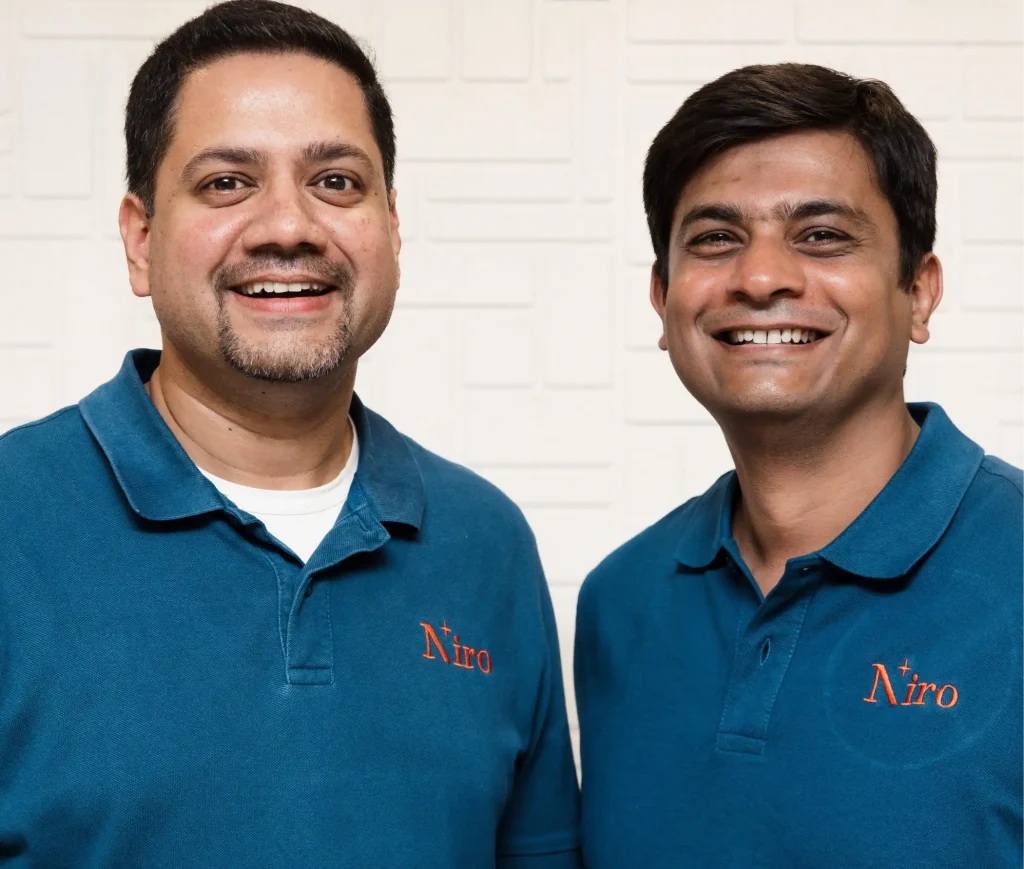Fintech startup Niro has officially closed operations, founder Aditya Kumar announced on social media, marking the end of a journey that began in 2021.
Background and Business Model
Founded by Aditya Kumar and Sankalp Mathur, Niro was a B2B2C platform that enabled consumer internet companies to offer loans by connecting them with financial institutions. The startup provided loans ranging from Rs 50,000 to Rs 7 lakh for tenures of 6 to 72 months, with interest rates between 12% and 28%.

Despite being ambitious, innovative, and scaling rapidly, Niro faced challenges in a tightening regulatory and credit environment.
Achievements and Growth
During its operation, Niro raised $20 million from investors including Elevar Equity, GMO Venture Partners, Rebright Partners, Mitsui Sumitomo Insurance VC, and Innoven Capital.
The startup achieved $100 million in assets under management (AUM) within 24 months and reached 170 million users at its peak. It also forged 30 partnerships with consumer platforms and lenders.
Kumar reflected on the company’s growth: “We built $100mn in AUM in just over 24 months and saw over 170 million users flow through Niro at peak.”
Reasons for Closure
Niro cited regulatory pressure, deteriorating credit conditions, and limited capital as key reasons for shutting down. Its model, which linked consumer platforms with financial institutions, became unsustainable amid tightening lending regulations and rising operational risk.
Financially, Niro recorded Rs 7.86 crore in revenue in FY24, a 59% drop from Rs 19.09 crore in FY23, while its net loss increased to Rs 48.7 crore from Rs 36.9 crore the previous year.
Reflection from the Founders
Despite the closure, Kumar expressed pride in the company’s accomplishments: “As a first-mover that saw scale quickly, I did not see this coming… We hired incredible teams, raised high-quality, patient capital, and convinced large consumer platforms and leading lenders to work with us.”
He added, “Looking back, I would do it all over again. Niro was in the right place, at the right time, with the right backing.”The founders highlighted that Niro’s model revealed key gaps in the consumer finance ecosystem: financial institutions lack proprietary distribution, and underwriting is often commoditized, making it challenging to sustain innovative lending at scale.
